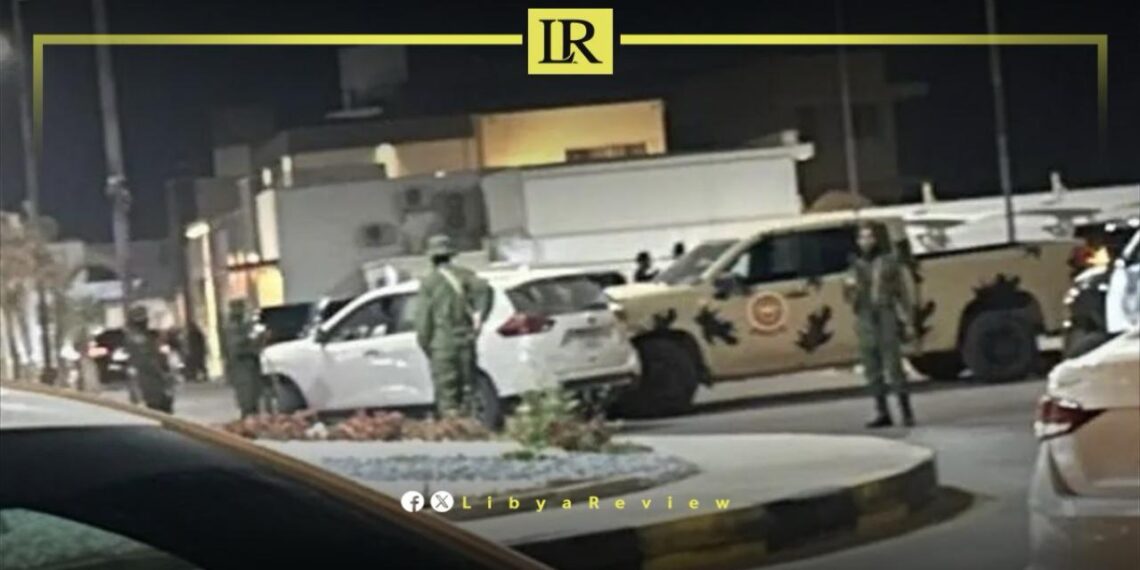The residence of Libyan Prime Minister Abdul Hamid Dbaiba in Tripoli was targeted in a rocket attack on Sunday evening, raising tensions in the Libyan capital, a Libyan minister told Reuters.
The minister, who spoke on condition of anonymity, said that unidentified attackers launched RPG rockets at Dbaiba’s home in the Hay Al-Andalus district from a boat at sea. Remarkably, the assault did not result in any casualties or significant damage.
It remains uncertain whether Prime Minister Dbaiba and his family were present in the house during the attack.
In response, Tripoli’s security forces immediately declared an emergency around Dbaiba’s residence. The area saw a significant mobilization of security and military resources, with photos shared on social media showing dense deployments of armed vehicles. Access routes to the Prime Minister’s home were swiftly shut down as military reinforcements arrived.
This alarming incident took place shortly after Dbaiba’s controversial appointment of Brigadier Mahmoud Hamza, commander of the 444 Brigade, as the new head of military intelligence. Hamza, a key military figure in western Libya, is lacking unanimous backing from the capital’s security services and armed factions.
The rocket attack highlights the ongoing security challenges in Libya, a country struggling with internal divisions and the presence of numerous armed groups vying for power. Since the overthrow of Muammar Gaddafi in 2011, Libya has been engulfed in conflict, split between rival governments in the east and west, each supported by different militias and foreign patrons.
However, the recent attack on Dbaiba’s residence underscores the fragile security situation in the Western region that continues to obstruct Libya’s road to reconciliation and peace. The incident not only reflects the precarious balance of power in Libya but also the hurdles facing the government’s efforts to establish control and move the nation forward amidst ongoing political and military challenges.


